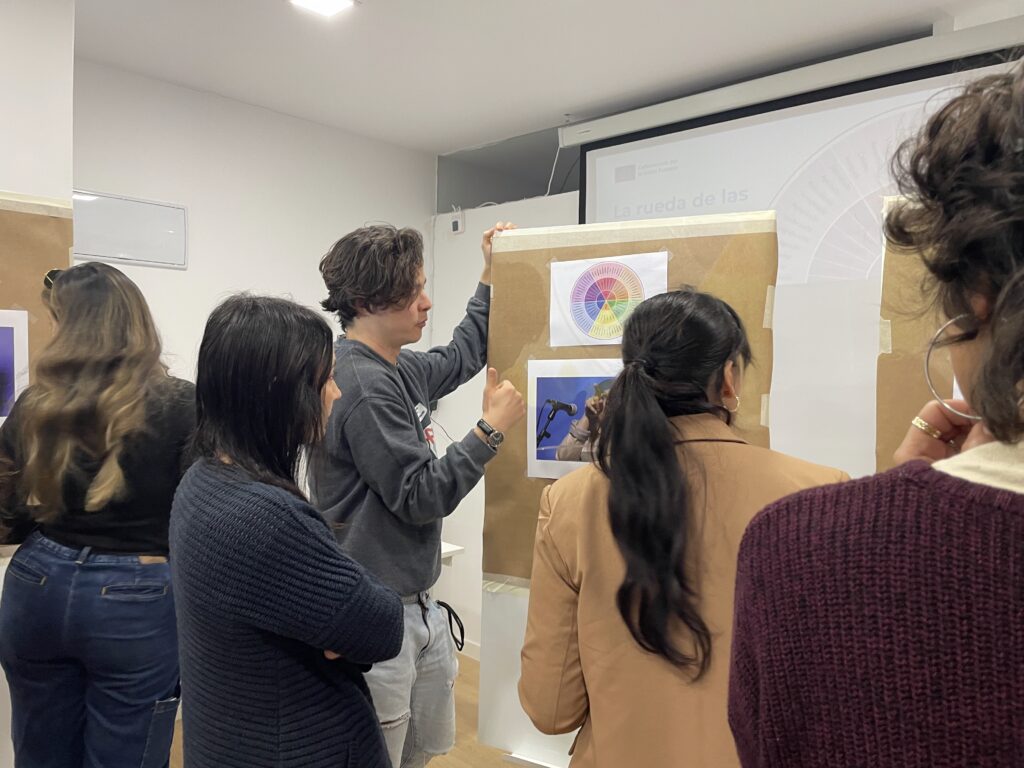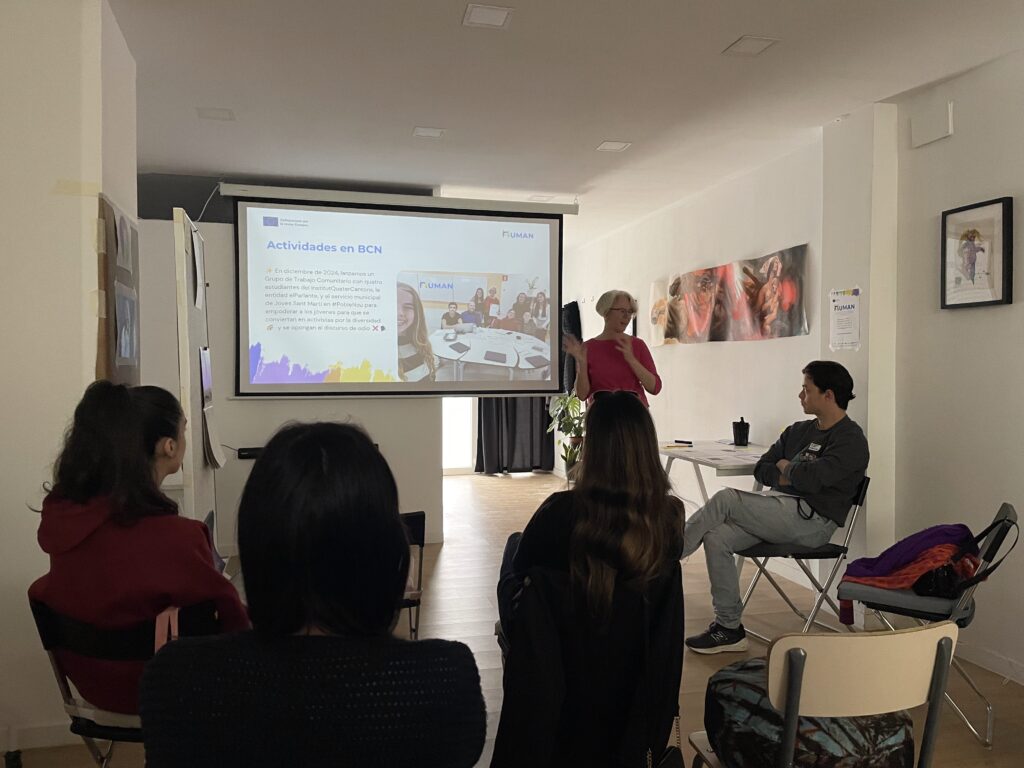The EU Kids Online 2020 survey found that 15% of children aged 9 to 16 had been exposed to cyberhate, including racism, xenophobia, and religious-based content, with 3% reporting they were victims of such content. Shockingly, 2% admitted to being authors of cyberhate themselves. National and cross-national studies have further shown that older teenagers are more likely to encounter or contribute to online hate. These findings highlight the urgency of addressing cyberhate, particularly among youth, who are both vulnerable to it and, in many cases, involved in its perpetuation. The rise in hate speech online, particularly during periods like the COVID-19 lockdown, is a growing concern, with 28% of children reporting an increase in exposure to cyberhate during these times.
While Europe has made strides with legislation and action plans to address online hate—such as the European Commission’s Action Plan on Disinformation and the Code of Practice on Disinformation—these efforts are only the beginning. The challenge remains substantial, especially with platforms like TikTok, YouTube, and Instagram being identified as the primary hosts for hate content. The need for action is clear: we must not only protect children from these harmful influences but also engage them in the fight against online hate through digital citizenship and activism.
At Rinova, we are proud to be part of initiatives that work to combat hate speech and promote youth engagement in counteracting it. HUMAN takes a child-centred approach, encouraging children to work together to develop their own solutions to problems such as hate speech, thereby fostering cooperation, life skills, agency, and critical thinking. This approach is grounded in the principles of The Convention on the Rights of the Child (Articles 12 and 13) and the UNCRC (General Comment No.12), ensuring that young people are not only protected but empowered to act.
In line with this, we recently hosted an event in Barcelona as part of HUMAN’s activities, which brought together local organisations, youth, and community members. The event included workshops on intercultural dialogue and strategies for combating hate, with a special session by Cuinant Cultures. This organisation, composed of women chefs from diverse backgrounds, showcased how food can be used as a tool for cultural exchange and understanding. Participants also took part in a panel featuring local organisations such as ElParlante, Associació RROMANIPE’S, NEXTUS, and Revive Social Art, who shared their good practices in youth empowerment, anti-racism work, and using art for social change. These sessions highlighted the importance of community-driven approaches in tackling hate and promoting inclusivity.

In addition to this event, with HUMAN Rinova has been actively working on creating a community working group and a youth panel in collaboration with Quatre Cantons School in Barcelona. These initiatives provide a platform for young people to engage in discussions about discrimination, social exclusion, and to develop solutions together, enhancing their sense of agency and responsibility.
The HUMAN initiative builds upon proven strategies developed in previous projects like Hate Interruptor Teams (HIT), CREUS, and FAKE, which focused on counteracting hate speech through creative digital campaigns and media literacy. These strategies, co-created with youth, are now being extended in HUMAN through two key strategic actions: first, the development of counter-narratives that encourage safe, informed use of social media, and second, the transnational dissemination of these strategies to ensure a lasting impact across Europe.
Through the HUMAN initiative, we aim to promote a culture of Human Rights and Citizenship Activism, equipping youth to become Digital Hate Interrupter Activists. This initiative involves youth from diverse backgrounds, local authorities, and civil society organisations, providing the tools, support, and networks they need to counter hate and promote digital citizenship. By enhancing youth participation in this way, we hope to foster a sense of ownership and empowerment, helping young people not only combat hate but also drive positive change in their communities.
The HUMAN initiative is co-funded under the EU CERV programme. As part of this work, we aim to integrate digital hate interrupter activism into local youth councils and municipal action plans, ensuring sustainability and long-term impact. Through cross-country knowledge exchange and mutual learning, we are building a robust network of youth-led digital activism, promoting inclusivity and combating hate in the digital age.
At Rinova, we are committed to the vision of a more equitable and inclusive society. We believe that by giving youth the tools to act against hate, supporting their participation in digital activism, and fostering cooperation across sectors, we can build a stronger, more resilient community for all.
The HUMAN consortium is coordinated by The Smile of the Child in partnership with Rinova Málaga S.L. ,Folkuniversitetet , Center for Social Innovation – CSI, Universidade NOVA de Lisboa, Znanstveno-raziskovalno središče Koper , Mulab, European Antibullying Network and Dypall Network.
The HUMAN project has been co-financed by the EU CERV-2023-EQUAL programme. Its contents and materials are the sole responsibility of its authors. The European Commission cannot be held responsible for any use, which may be made of the information contained therein.
#HUMANactivistEU #HUMANactivistBCN #Education #HumanRights #EndHateSpeech #FightRacism #YouthActivism #EndViolence

